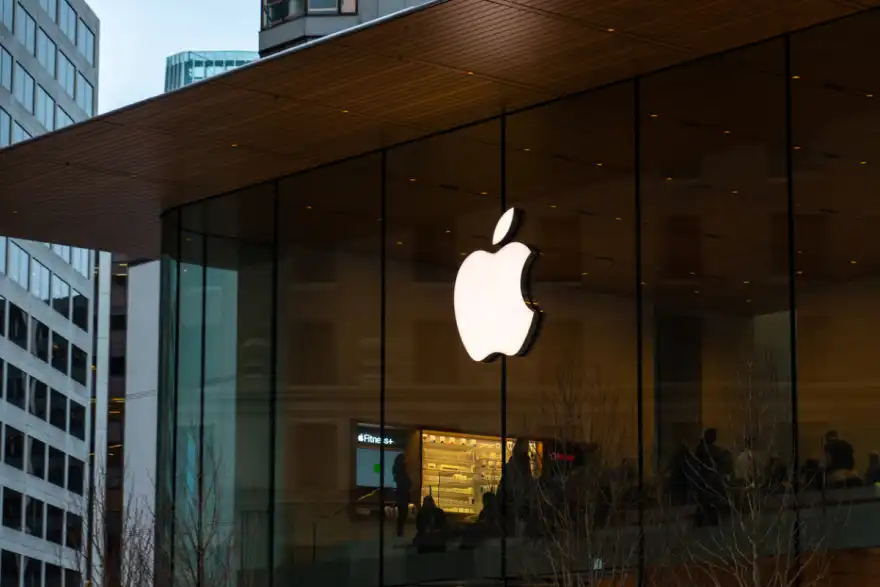
A decade after initial whispers hinted at Apple's venture into the automotive industry, the tech giant has reportedly shelved its electric car manufacturing ambitions, shifting focus away from the realm of EVs. This move marks a significant pivot for the brand commonly associated with the revolutionary iPhone.
The firm has never publicly acknowledged the project, which encompasses approximately two thousand people.
In light of recent developments reported by Bloomberg News, a number of team members from Apple's EV project are set to bring their expertise to the company's burgeoning artificial intelligence (AI) division, signalling a strategic realignment within the tech titan.
Apple did not provide an immediate response to a BBC request for comment.
Under the stewardship of CEO Tim Cook, the Apple car team, known internally as the Special Projects Group and part of Project Titan, has poured billions into the research and development of electric car technology. The group's ambitious endeavours once fuelled rumours of a self-driving vehicle devoid of traditional controls like steering wheels and pedals.
"This is a smart and long awaited decision," commented Ray Wang, founder and CEO of Constellation Research, a Silicon Valley-based consultancy.
"The market demand for EVs is not there and AI is where all the action is", he added.
Apple continues to expand its technological horizons beyond its flagship iPhones and computers, venturing into new territories with the introduction of products like the Vision Pro virtual reality headset, further diversifying its impressive portfolio.
The AI market for consumer electronics is witnessing a remarkable boom, as noted by research firm Counterpoint. "Preliminary data suggests shipments of generative AI smartphones will exceed 100 million units in 2024," said its senior analyst, Ivan Lam.
Counterpoint highlight Apple's strategic move coinciding with this surge, projecting that generative AI smartphone shipments could surpass 100 million units in 2024, potentially soaring to over 500 million by 2027.
The electric car sector is navigating through a period of turbulence, with rising borrowing costs, fierce competition, and industry giants such as Ford and General Motors hitting the brakes on EV production expansion. In a telling sign of the times, Rivian has announced a workforce reduction of 10% and braced for a year without production growth.
Tesla, the pioneering electric car manufacturer led by Elon Musk, has signalled a potential slowdown in sales growth for 2024 compared to its previous year's performance. In an effort to maintain its market position amidst stiff competition from Chinese electric car producers like BYD, Tesla has initiated price reductions on a global scale.
Following reports of Apple potentially scaling back its electric car venture, Elon Musk, Tesla's CEO, conveyed his sentiments on the social media platform X (formerly known as Twitter). His response, characterised by emojis of a salute and a cigarette, subtly acknowledged the competitive landscape of the electric car industry.




